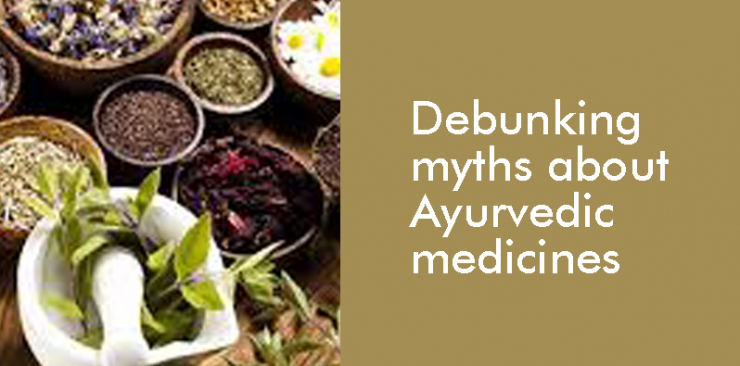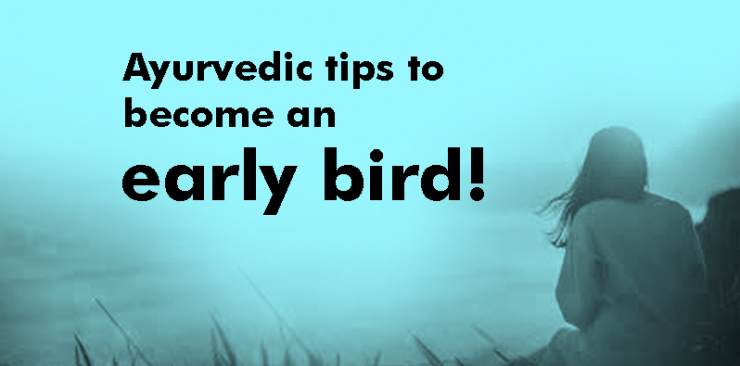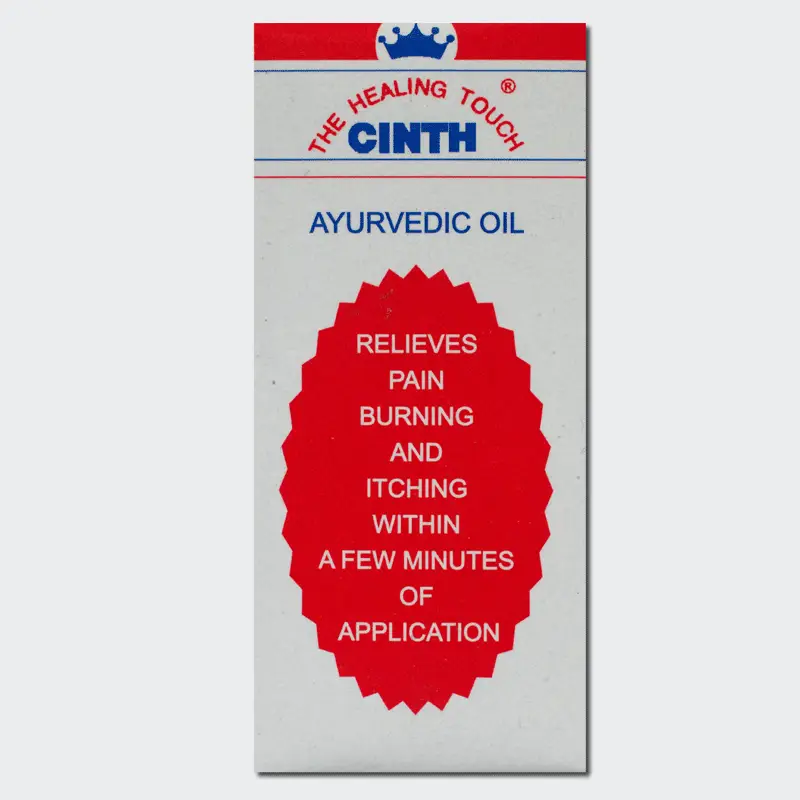AYURVEDIC REMEDIES TO REBALANCE GUT HEALTH
The Ayurvedic concept of fire, which is known as agni, is important for our overall health. Agni is found in each cell, each tissue, and every functional system within our body. It determines which substance enters each cell and tissue, and which substance should get removed as waste. In fact, impaired agni is the root cause of all imbalances and diseases.
While the food we eat nourishes and strengthens this agni, and boosts our digestive system, an impaired or imbalanced agni can lead to digestive problems. According to Ayurveda, harmful foods like processed foods, fried foods, cold foods, very spicy foods, etc. can create undigested residue in the form of toxins, which in Ayurveda is called ama. Ama is the root cause of diseases.
Ayurveda, therefore, suggests that we should eat only when we are hungry. Keeping a gap of at least three hours between meals is essential, so that the previous meal gets digested properly.
Signs of an unhealthy gut
Many aspects of modern life like high stress level, insufficient sleep, eating processed foods, and taking antibiotics can damage our gut health. This, in turn, leads to many different health problems like heart diseases, weak immune system, and even cancer. An unhealthy gut can manifest in several ways.
Upset stomach: Stomach problems like gas, bloating, constipation, diarrheal, and heartburn are signs of an unhealthy gut.
Wrong diet: If we eat too much of processed foods and added sugars, it can decrease the amount of good bacteria in our gut, leading to imbalances and damaging our gut further.
Gaining or losing weight without any reason like changes in your diet or exercise may be a sign of an unhealthy gut as an imbalanced gut impairs our body’s ability to absorb nutrients.
Disturbed sleep: If you have less sleep or disturbed sleep without any obvious reason, it can be a sign of gut problem. Unhealthy gut contributes to sleep disturbances like insomnia or poor sleep.
Food intolerance: Food allergy takes place when you feel difficulty in digesting certain foods, which is due to immune system’s reaction to certain foods. Food intolerances are caused due to poor quality of bacteria in the gut.
Ayurvedic solutions
Ayurveda suggests a few simple lifestyle changes to rebalance our gut health.
Lemon water: Ayurveda recommends starting your day with a glass of lukewarm lemon water. Mix a spoonful of pure honey and fresh lemon juice to a glass of lukewarm water and drink it on an empty stomach. It helps to cleanse the digestive tract. Moreover, lemon juice is a source of vitamin C, and honey helps to intensify the agni. It basically detoxifies the system.
Light diet: When you want to repair the gut health, you need a rest and repair diet, which means a diet with fewer intakes of wheat, sugar, and dairy for several weeks. This will do wonders to your system.
Light up the fire before meals: The digestive fire, or agni is like a proper fire. A wrong diet consisting of rich, heavy, or sugary foods will lead to piling up like logs in the fire. As a result, the digestive fire may get a little diminished. So you need to rekindle the digestive fire before you start your meals. Eating a slice of ginger with freshly-squeezed lemon juice and a pinch of salt will light up the digestive fire.
Drink lassi with meals: Take a glass of lassi to get healthy gut bacteria. Curd is rich in lactobacilli, the bacteria our intestines need to function well. Lassi will help to reduce gas and bloating when you drink it with meals.
Detoxifying tea: Sip organic detox tea, which helps to stimulate the lymphatic system and improve the gut’s nutrient absorption power. It will also help to flush out toxins through the urinary tract. Detox tea contains organic cumin, fennel, and coriander seeds, which help to rebalance gut health.
Outdoor walks: Studies have shown that morning and evening walks outdoors help to calm the mind and improve mental health. As our mind and the gut are interlinked, this therapeutic solution helps to improve gut health.
Herbs and spices for gut health
- Ginger
- Turmeric
- Cinnamon
- Basil
- Bay leaves
- Chamomile
- Cardamom




























 AyurCentral
Plus
AyurCentral
Plus






